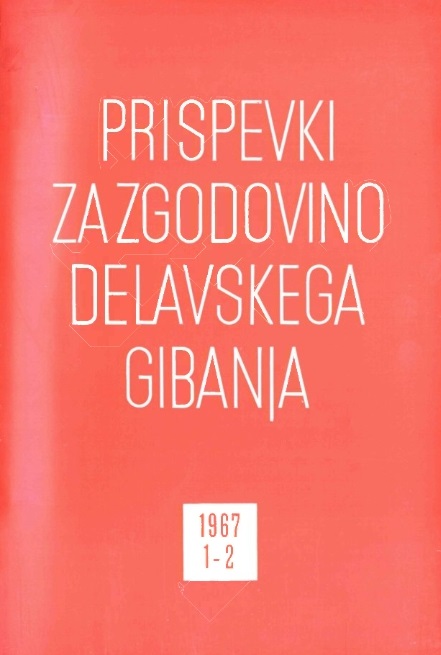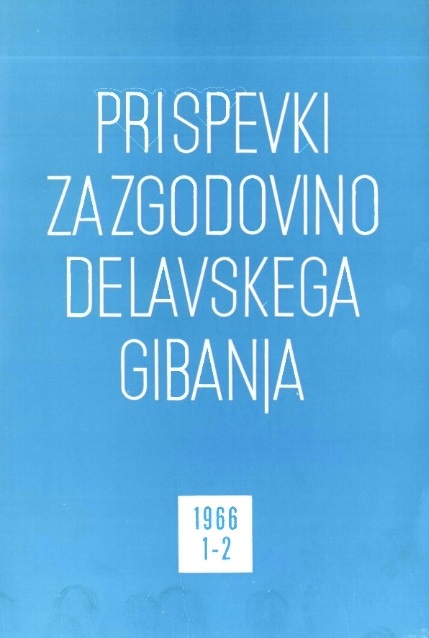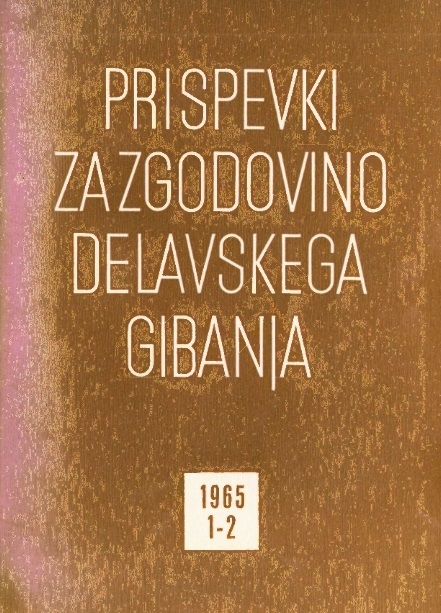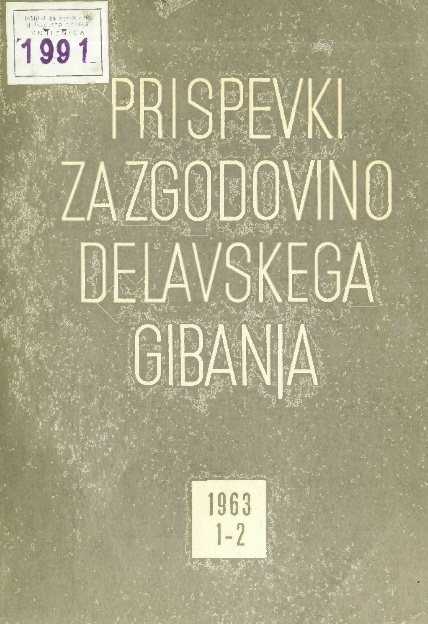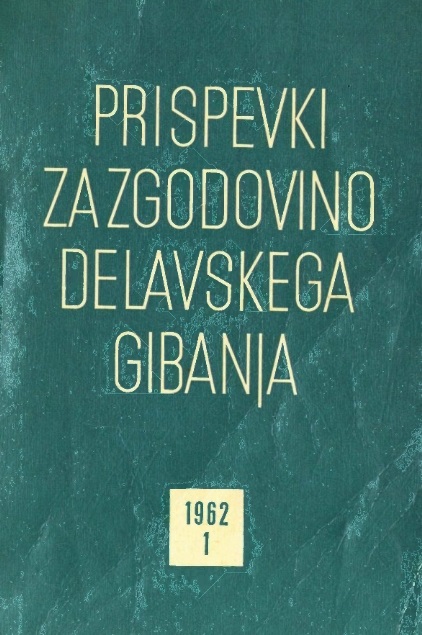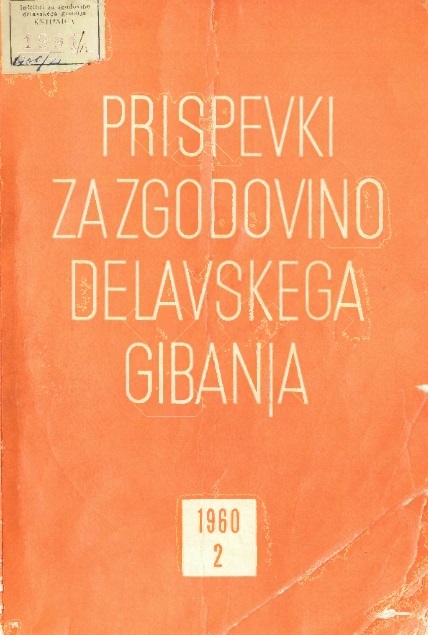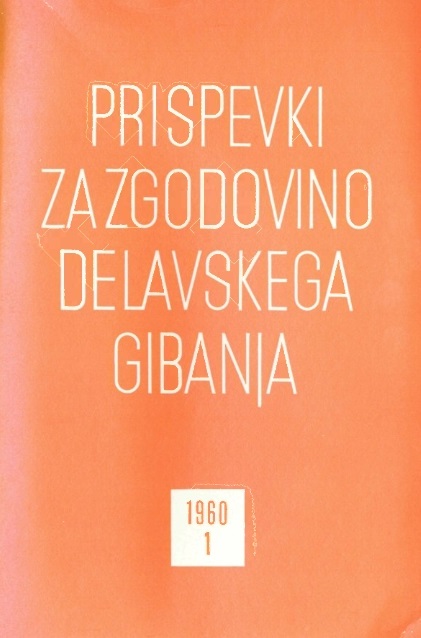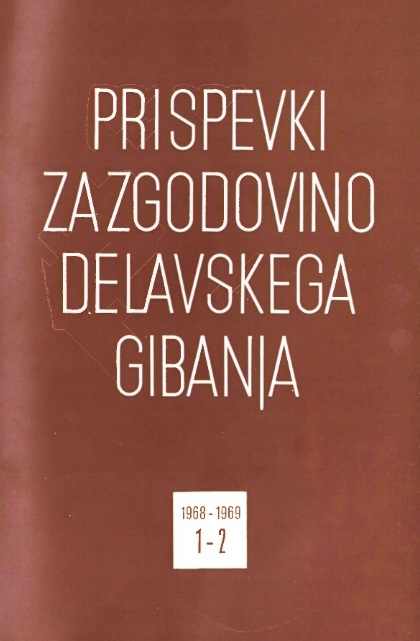
Recenzija: Österreichs freie Gewerkschaften im Untergrund; Die Kommunistische Partei Österreichs von 1918—1933
The review of: -Otto Leichter, Österreichs freie Gewerkschaften im Untergrund. Europa Verlag, Wien 1963, 155 strani. -Herbert Steiner, Die Kommunistische Partei Österreichs von 1918—1933. Bibliographishe Bemerkungen. Wien-Meisenheim am Glan 1968, 95 strani. Zbirka: Marburger Abhandlugen zur Politischen Wissenschaft, Band 1.
More...
